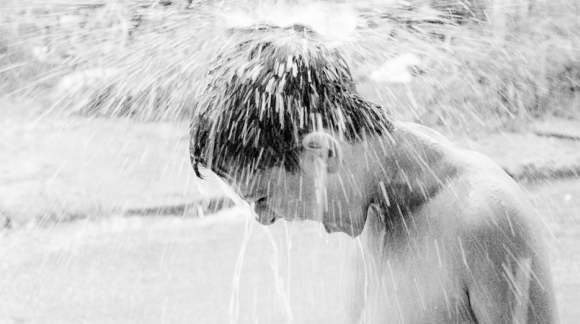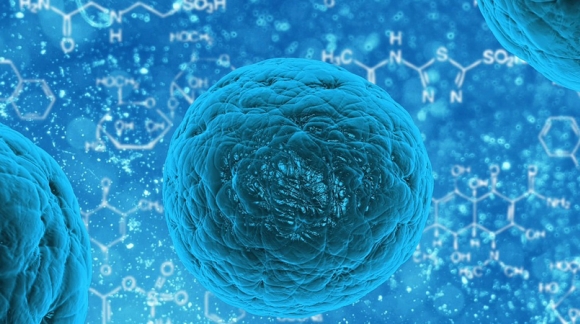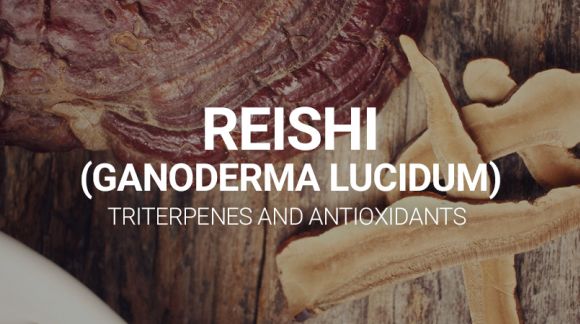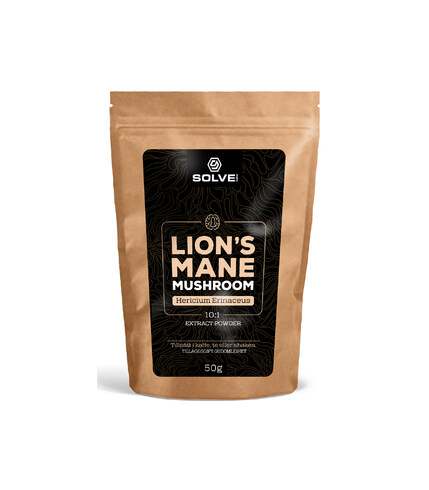HAVING COLD SHOWERS - INFLUENCE ON HEALTH, HORMESIS EFFECT AND ORGANISM IMMUNITY

Having cold showers and baths appear in many medical, popular science or even pop cultural sources. Many people as well as from scientific world and apart from it, (some sportspeople, travellers or celebrities) recommend to use such kind of hydrotherapy. It is said to have a wide spectrum of work, but what does it look like in reality?
Hormesis
This is the definition that refers to phenomena and substances, which in big doses are harmful for humans, but in small, have beneficial influence. It can be defined as popular „What doesn’t kill you makes you stronger”. Basically, a little, controlled dose can awake organism to work, thanks to which it improves its functioning. In the reference to immune system, the simplest example is vaccine work (dead or weakened pathogenic organisms located in vaccines cause creation of immunity system of an organism. But if alive pathogenes got into it, they would cause an illness for example. Measles). Cold showers or baths are assumed to create immunity system when taken in short period of time. Contact with coldness causes starting nervous functions of symphatetic and parasymphatetic systems.
Adaptation to oxidative stress
The human organism has many defensive systems, one of them is destroying dangers with the use of free radicals. From every side, we can hear that free radicals are harmful and it is party true –they can counteract pathogens, but when there are too many of them, there can be wide-ranging negative effects. Oxidative stress is a situation when the balance between the amount of reactive oxygen forms and the possibility of their reduction is disturbed. This is important in the development of various diseases, for example atherosclerosis, Alzheimer's disease. Cold showers can contribute to an increase in the body's adaptation to oxidative stress. This means that its ability to resist the damaging effects of free oxygen radicals is improved. In addition, the production of glutathione increases, which is one of the most powerful antioxidants..
Effects on blood vessels, analgesic effect
Under the influence of low temperature, the subcutaneous tissue and blood vessels shrink (it is called the narrowing). This is an automatic behavior that prevents the body from losing heat. Nerve conduction is reduced, and also, the release of pain mediators. The next phase of the reaction to cold is vasodilation and increased blood supply to the skin, thus increasing blood flow raises the temperature. It can therefore be concluded that cold showers have a painkilling effect and also have a beneficial effect on the circulatory system.
Recovery after exercise - the latest scientific research
In April 2018, a meta-analysis on the effects of various regeneration methods on the body was published in the Frontiers in Physiology journal. It is the most accurate method of research, based on the analysis of previous publications, in this case over 70 years. The 10 most popular methods of regeneration were compared, including cold water immersion (cold water immersion, you can guess that a cold shower can act like full immersion) and cold - warm showers (contrast water therapy). In the case of cold water, a significant effect was noted on the reduction of fatigue, especially after intense exercise (e.g. after competitions, competition) and reduction of DOMS (delayed muscle soreness, popularly interpreted as soreness, occurring around a day after exercise). The use of alternating cold and warm water caused muscle soreness, but not fatigue. Another favorable observation was a decrease the creatine kinase in blood (which is used to mark muscle breakdown) and a decrease in pain feelings.
„We all have the power to heal - the inner doctor, but we have forgotten about it”
A figure worth mentioning when it comes to the topic of cold is Wim Hof known as the "Ice Man". At the age of 7, he fell asleep in the snow, which made him hypothermic, and this event had an impact on his life - a few years later, as he says himself, feeling an internal need, he began to swim in cold water, walk barefoot on the snow, did things that would normally lead to person to hypothermia or hypothermia. In 2007, he attempted to climb Mount Everest wearing only shorts, and ended the climb at an altitude of 7,400m above sea level. due to an injury. Four years later, during research, it was shown that he was able to control his nervous and immune systems, and he himself claimed that it was all thanks to meditation and concentration. He currently has thousands of fans around the world who try to imitate his way of living a healthy life. This method focuses on three factors: breath control, meditation, and discussed exposure to coldness.
There are some assumptions appearing about the beneficial effects of cold showers in relieving the symptoms of chronic fatigue, depression and other mental illnesses. Although it has not yet been confirmed by studies, taking into account that as many as 1.5 million Poles and 350 million people around the world suffer from depression, it is worth using this method of hydrotherapy as a potential support for proper treatment, especially since it is not associated with high costs. and does not require a lot of time. Considering the already proven positive effects on the body, cold showers are definitely worth attention. The key seems to be to support the body's adaptation to stressful conditions through the activity of hormesis.
Bibliography:
Dupuy O, Douzi W, Theurot D, Bosquet L, Dugué B. An Evidence-Based Approach for Choosing Post-exercise Recovery Techniques to Reduce Markers of Muscle Damage, Soreness, Fatigue, and Inflammation: A Systematic Review With Meta-Analysis. Front Physiol. 2018 Apr 26;9:403. doi: 10.3389/fphys.2018.00403. eCollection 2018.
Machado, A. F., Ferreira, P. H., Micheletti, J. K., de Almeida, A. C., Lemes, I. R., Vanderlei, F. M., et al. (2016). Can water temperature and immersion time influence the effect of cold water immersion on muscle soreness? A Systematic Review and Meta-Analysis. Sports Med. 46, 503–514. doi: 10.1007/s40279-015-0431-7
Leeder, J., Gissane, C., van Someren, K., Gregson, W., and Howatson, G. (2012). Cold water immersion and recovery from strenuous exercise: a meta-analysis. Br. J. Sports Med. 46, 233–240. doi: 10.1136/bjsports-2011-090061
Vaile, J., Halson, S., Gill, N., and Dawson, B. (2008). Effect of cold water immersion on repeat cycling performance and thermoregulation in the heat. J. Sport Sci. 26, 431–440. doi: 10.1080/02640410701567425
Hing, W. A., White, S. G., Bouaaphone, A., and Lee, P. (2008). Contrast therapy—a systematic review. Phys. Ther. Sport 9, 148–161. doi: 10.1016/j.ptsp.2008.06.001
Bieuzen, F., Bleakley, C. M., and Costello, J. T. (2013). Contrast water therapy and exercise induced muscle damage: a systematic review and meta-analysis. PLoS ONE 8:e62356. doi: 10.1371/journal.pone.0062356
Shevchuk NA, Hydrotherapy as a possible neuroleptic and sedative treatment. Med Hypotheses. 2008;70(2):230-8. Epub 2007 Jul 20.
Shevchuk NA, Adapted cold shower as a potential treatment for depression. Med Hypotheses. 2008;70(5):995-1001. Epub 2007 Nov 13.
Siems WG1, Brenke R, Sommerburg O, Grune T. Improved antioxidative protection in winter swimmers. QJM. 1999 Apr;92(4):193-8.







